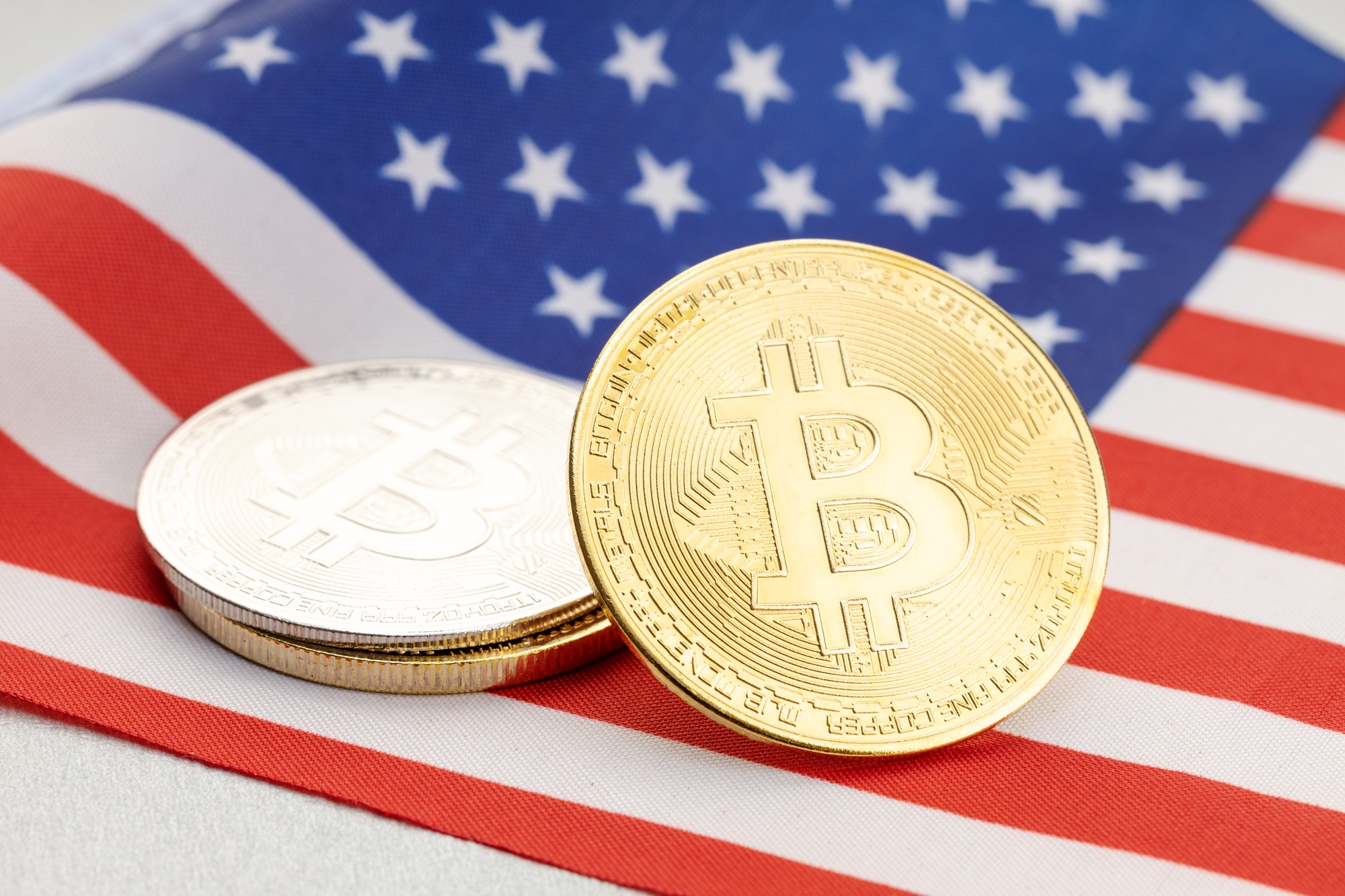The ongoing debate over cryptocurrency regulation has intensified as the Biden and Trump administrations pursue divergent approaches to digital currency oversight.
Recent trends show increasing attention from U.S. policymakers on how to regulate cryptocurrencies, with concerns over security, fraud, and financial stability. The Biden administration has emphasized establishing comprehensive frameworks to protect investors and prevent illicit activities, while the Trump administration prioritized a lighter regulatory touch to foster innovation.
In this context, the latest developments reveal a clear ideological divide. The Biden administration proposes stricter rules, including enhanced oversight of crypto exchanges and clearer tax regulations for digital assets. Meanwhile, the Trump administration advocates for minimal government interference, arguing that overregulation could stifle technological progress and economic growth.
These contrasting perspectives impact a wide range of stakeholders, including investors, fintech companies, and traditional financial institutions. Investors seek clarity and security, while innovators push for flexible policies to support technological advancements in blockchain and cryptocurrencies. Regulators face the challenge of balancing security concerns with the need for innovation.
Market analysts suggest that the regulatory trajectory will significantly influence the future of cryptocurrencies in the U.S., potentially affecting global markets as well. The Biden administration’s approach could lead to more structured compliance requirements, possibly increasing operational costs for crypto firms. Conversely, the Trump stance might encourage a more experimental environment but with higher risks of misuse and fraud.
Looking ahead, key events to monitor include upcoming legislative proposals, regulatory agency announcements, and congressional hearings on crypto. The outcome will shape the landscape for digital assets and could set precedents for international crypto regulation.
What is the main difference between Biden’s and Trump’s approach to crypto regulation?
Biden advocates for stricter, comprehensive oversight to ensure security and compliance, whereas Trump favors minimal regulation to promote innovation and economic growth.
How might these regulatory differences impact cryptocurrency investors?
Stricter regulations could increase compliance costs and limit certain activities, but also provide greater security. Lighter regulations might foster growth but come with higher risks of fraud and misuse.
What should investors and companies watch for next in crypto regulation?
Upcoming legislative initiatives, regulatory agency policies, and congressional hearings will be crucial in defining the future regulatory environment for cryptocurrencies in the U.S.







